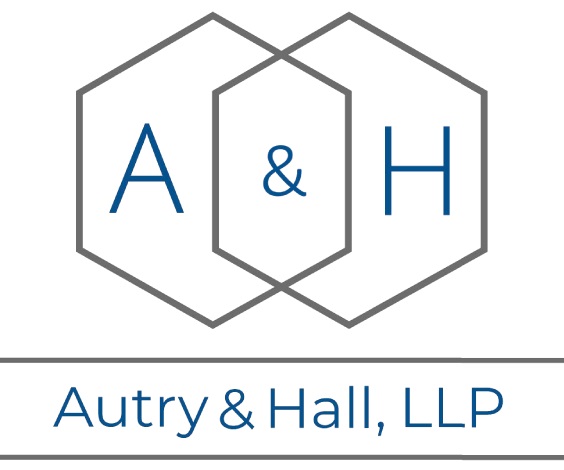Starting a new cooperative can be overwhelming because of the sheer number of steps and issues involved, some of which are very different than those involved with starting the typical small business. While having prior business experience is of course helpful, there are cooperative-specific items that cooperative groups often wish they had been aware of before they started their work. This post covers eight of those items.
1. The Time Commitment and Learning Curve
Organizing a cooperative requires a greater time commitment than starting the typical small business. The cooperative’s members first have to become familiar with the cooperative principles and the legal, tax, and organizational aspects of cooperatives. Also, unlike a small business where one or two people make all the decisions, in a cooperative the initial members must agree upon goals, structure, governance, and funding of the cooperative. Many new cooperative groups wish they had known in advance how much time and energy it takes to get a new cooperative off the ground and become familiar with cooperative requirements.
2. The Importance of a Clear Vision and Mission
Many new cooperative groups underestimate the need for a well-defined vision for their cooperative. A cooperative is built on shared values and mutual benefits, but without a strong and clearly articulated mission, members may struggle with decision-making, long-term planning, and commitment to the cooperative. New groups often wish they had taken more time to clearly define the cooperative’s goals and ensure all members were on the same page.
3. Legal and Regulatory Complexities
Laws that apply to cooperatives in Georgia vary depending on the type of cooperative (worker, agricultural, consumer, etc.). Cooperative groups may regret not researching applicable legal requirements before starting their cooperative, since forming the cooperative without knowledge of such requirements can later cause difficulty with governance, accounting, and funding. Engaging early on with a lawyer specializes in cooperatives can prevent costly mistakes.
4. The Challenges of Fundraising and Capitalization
Unlike traditional businesses that can attract outside investors, cooperatives typically rely on member contributions, grants, and loans. Many founders wish they had known earlier about cooperative-friendly funding sources such as USDA grant and loan programs, Georgia-based grant opportunities, and local initiatives for cooperatives. Understanding capital needs and planning accordingly can make or break a new cooperative.
5. Member Engagement and Commitment
Active member participation can fuel a cooperative’s success, but many new cooperative groups struggle with maintaining member engagement. Managing expectations early on is critical. Because people join cooperatives for different reasons, such as financial benefits or benefiting the community, they likely have differing expectations for their relationship with the cooperative. Maintaining strong member engagement is essential for a healthy cooperative, and cooperative groups often wish they had established clear roles, responsibilities, and engagement policies from the start to ensure consistent member participation.
6. The Need for Strong Governance and Bylaws
Without clear bylaws and decision-making processes, member disagreements can lead to conflicts, lawsuits, and potentially even dissolution of the cooperative. Establishing transparent voting rights, leadership roles, and dispute resolution methods from the outset helps reduce such bad outcomes. Because working out such governance details is a time consuming process, groups may decide to prioritize other aspects of the cooperative. However, cooperative groups may regret not prioritizing governance structures early on.
7. The Complexity of Cooperative Accounting and Taxation
Many cooperative groups wish they had sought expert guidance on tax matters and accounting sooner, since cooperatives are taxed differently from traditional businesses and typically require specialized bookkeeping and accounting. Consulting with an accountant with cooperative experience early in the formation process will save time and trouble later.
8. The Power of Partnerships and Cooperative Networks
Many cooperative groups realize too late that they don’t have to operate in isolation. Partnering with other cooperatives, local government agencies, and support organizations can provide valuable resources and mentorship. Groups often wish they had leveraged cooperative networks like the Georgia Cooperative Development Center or national cooperative associations sooner to avoid common pitfalls.
If your cooperative has questions about this post, please call Roland Hall at (404) 406-8594 or email him at [email protected].
This post is for informational purposes only and does not constitute legal advice. Viewing this content does not create an attorney-client relationship.

